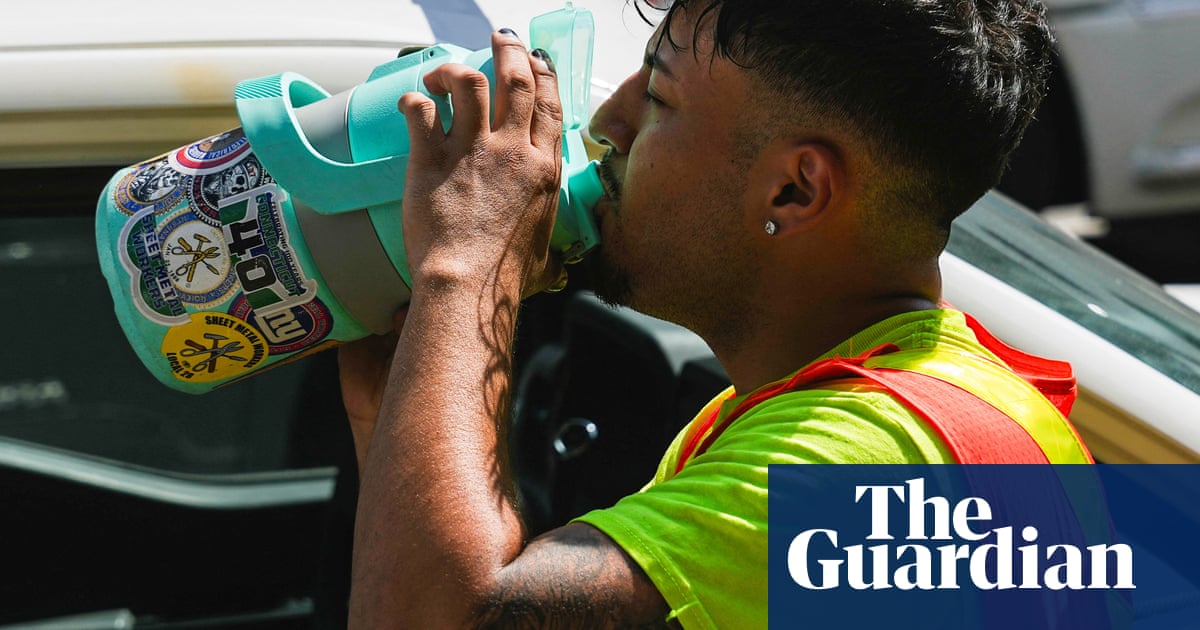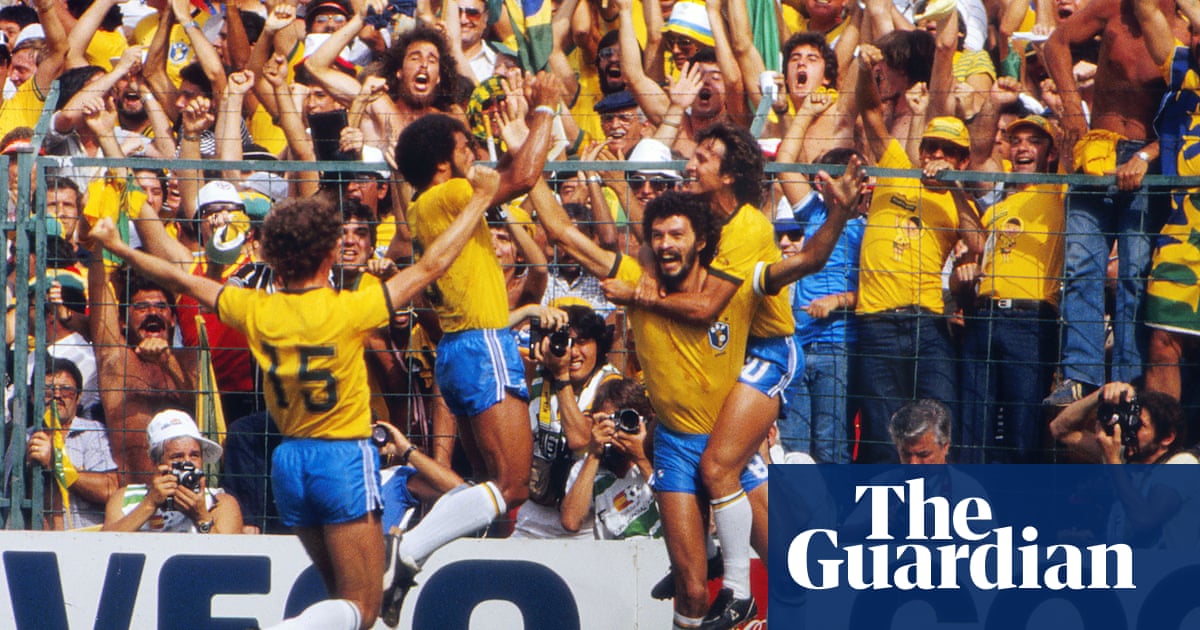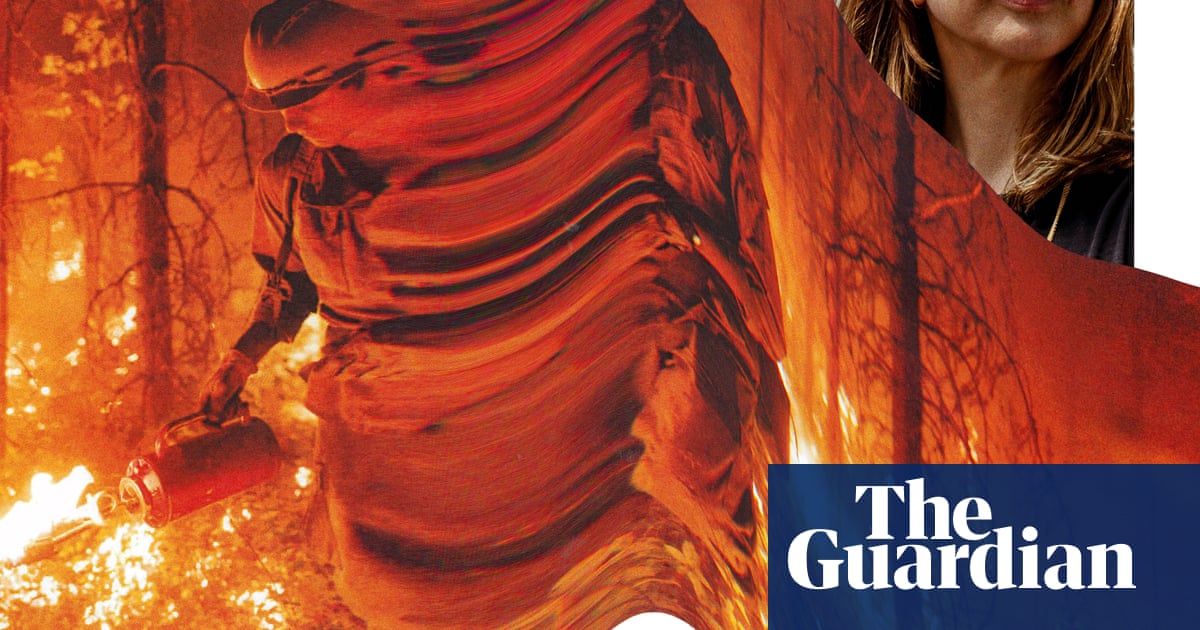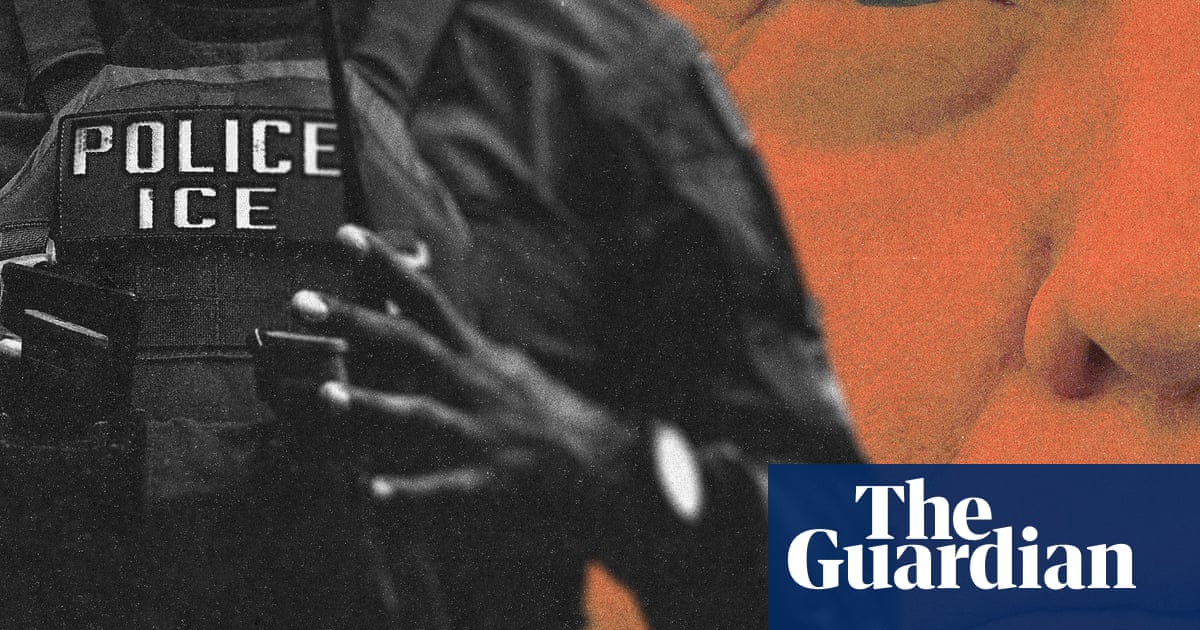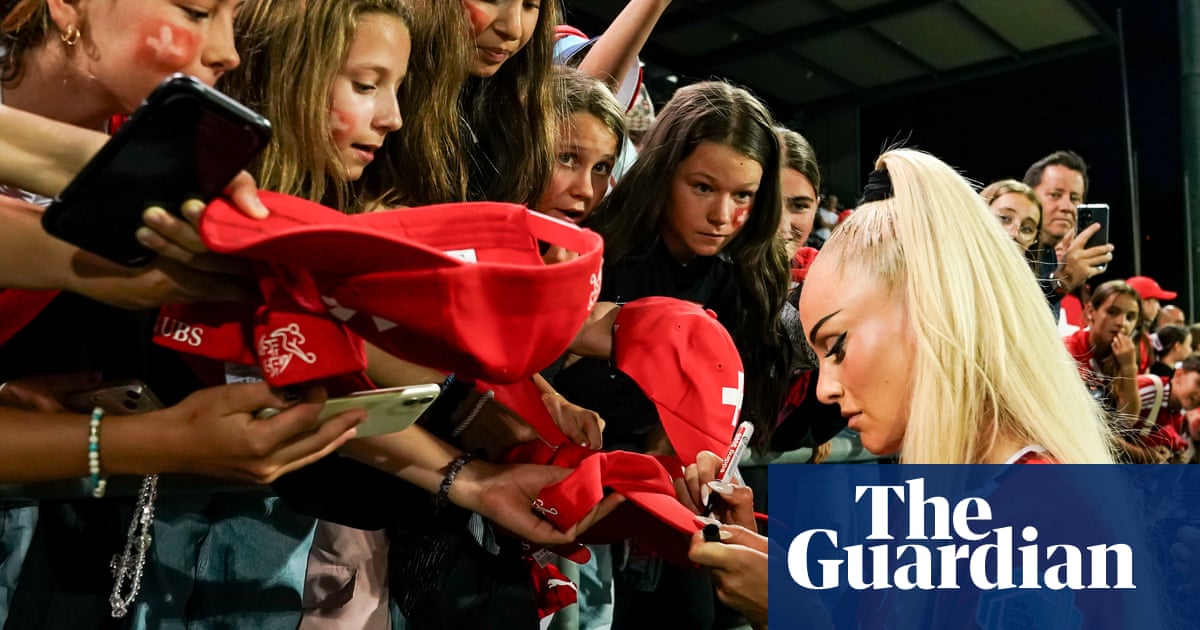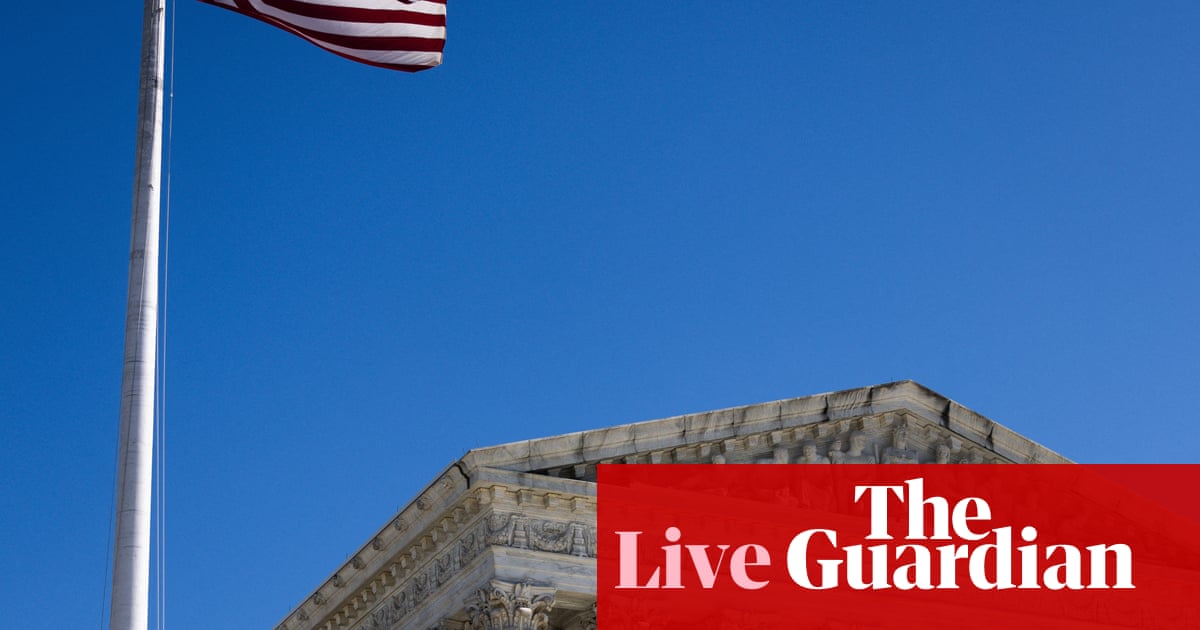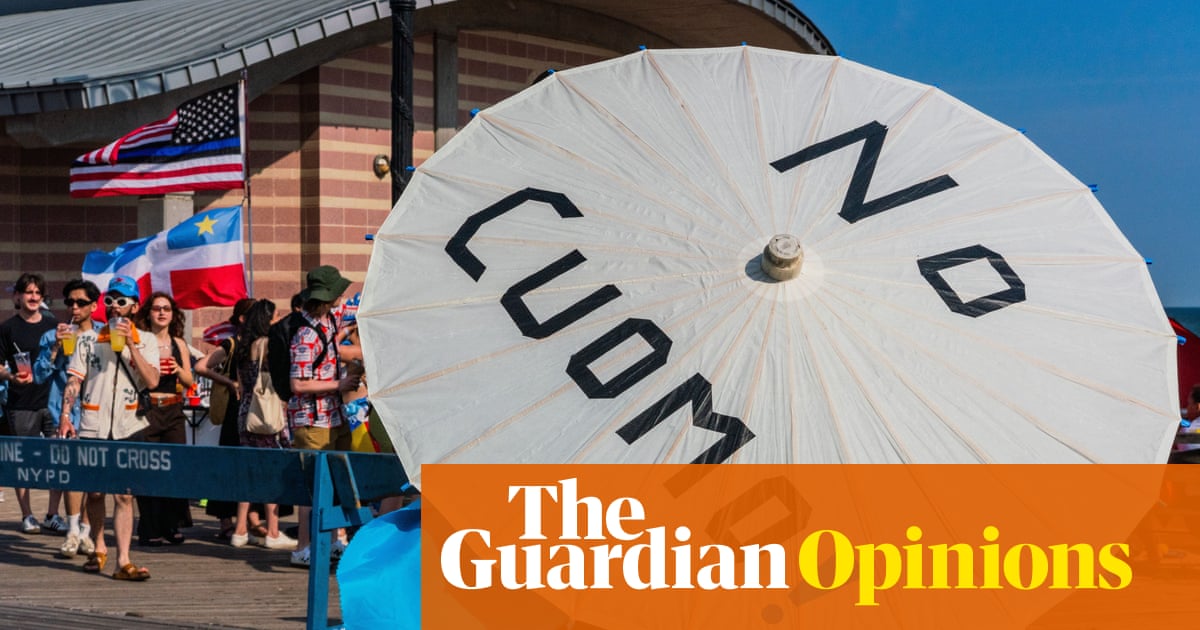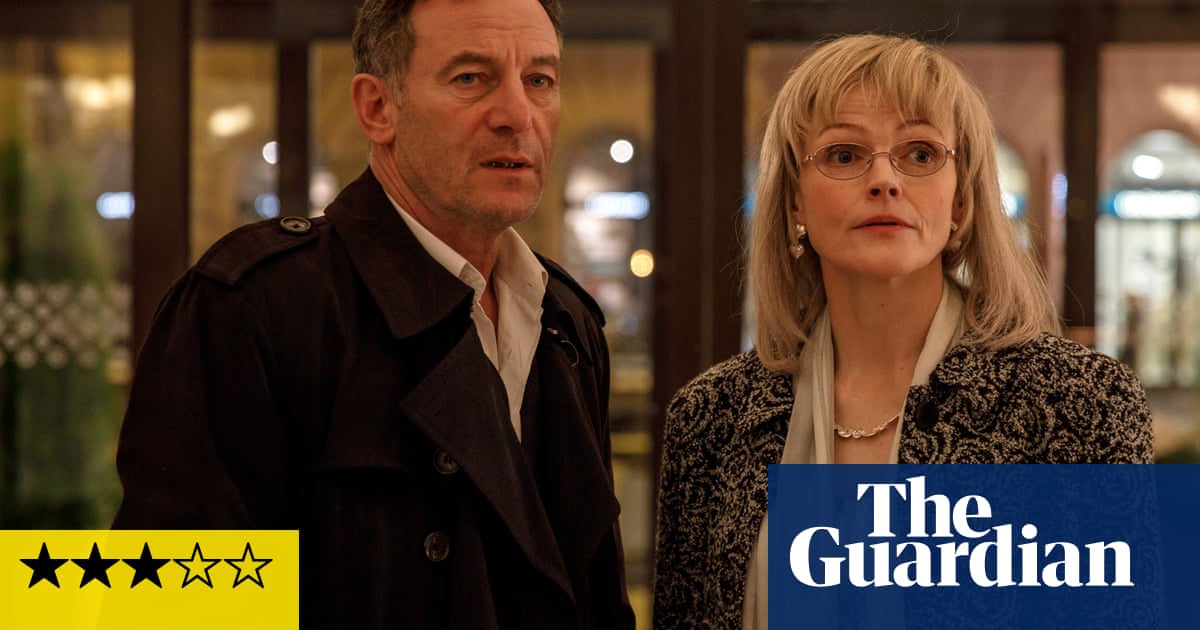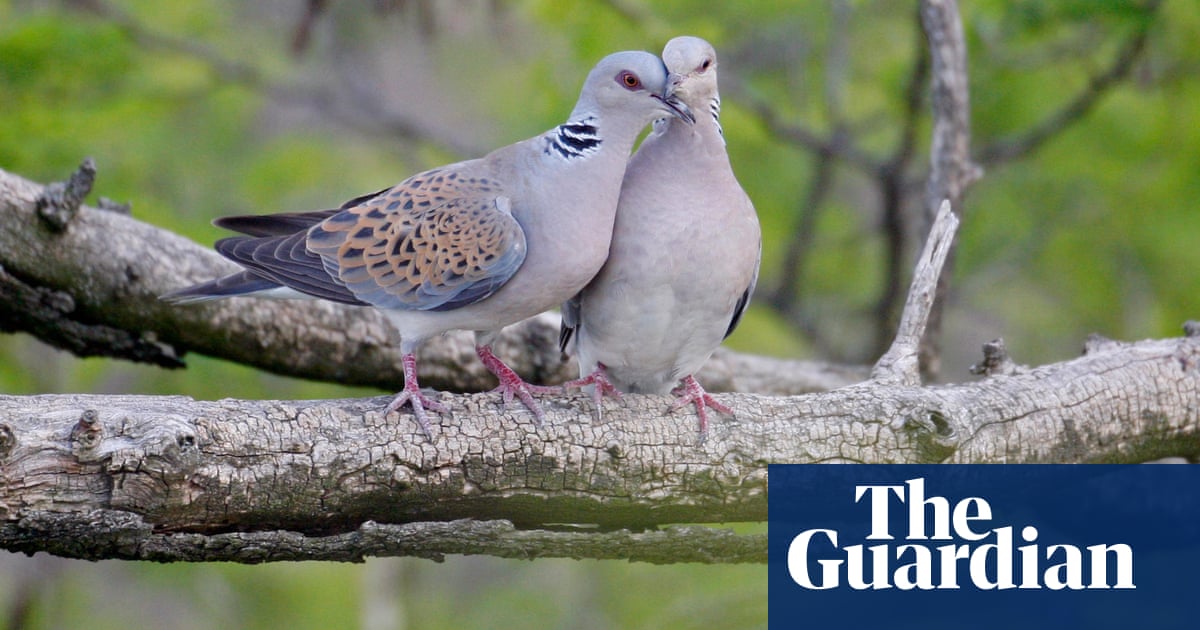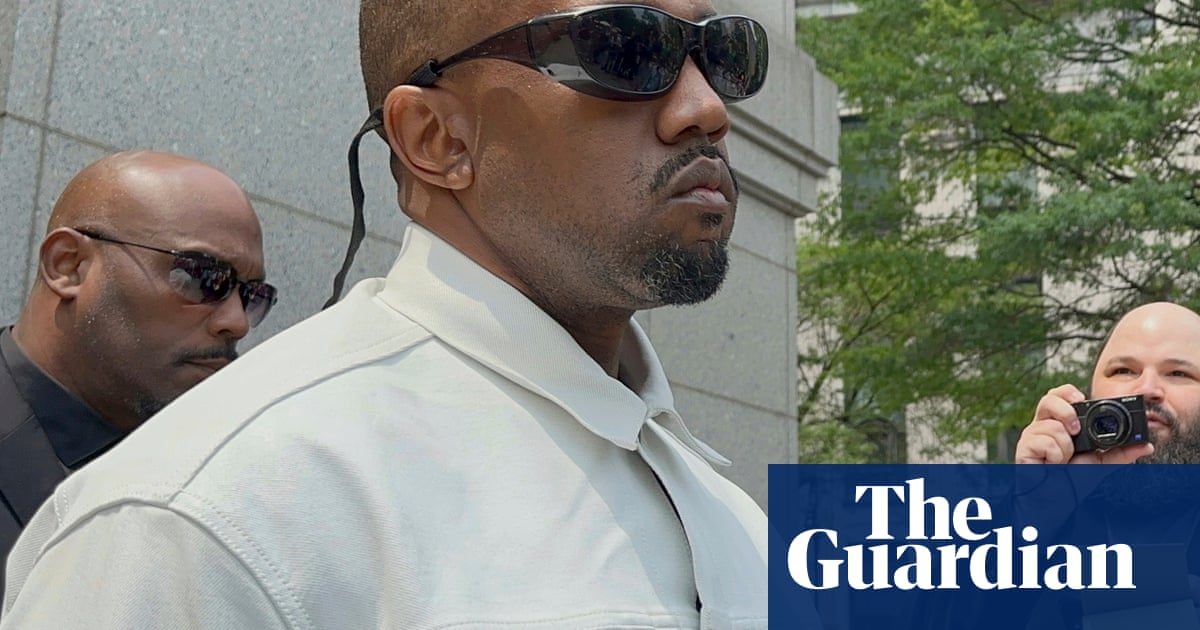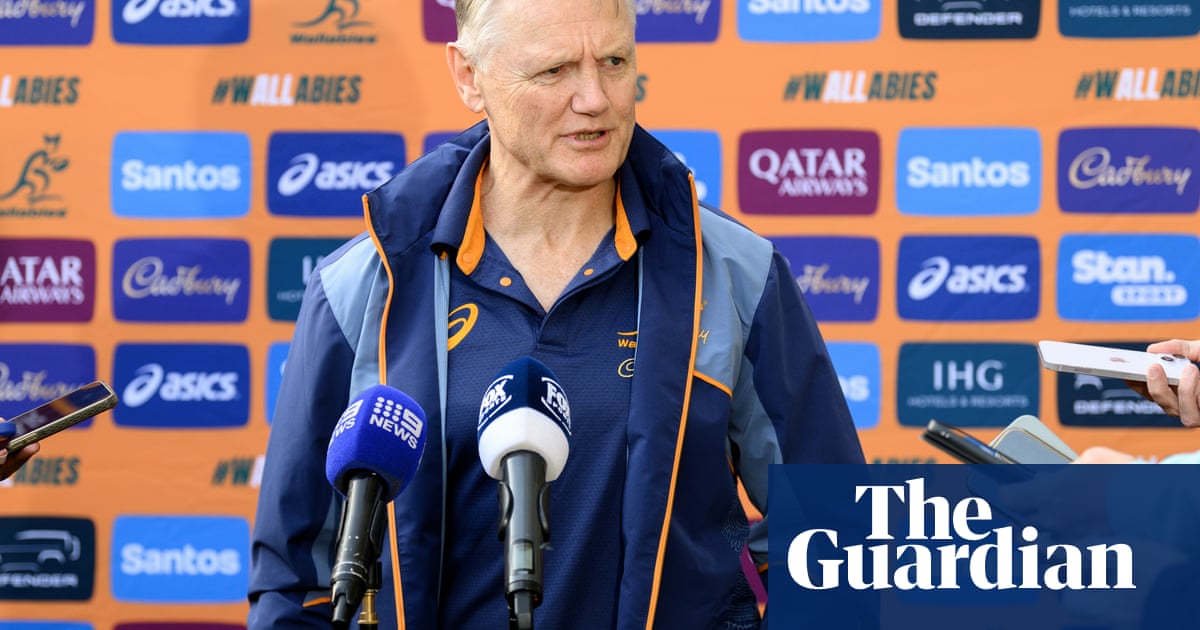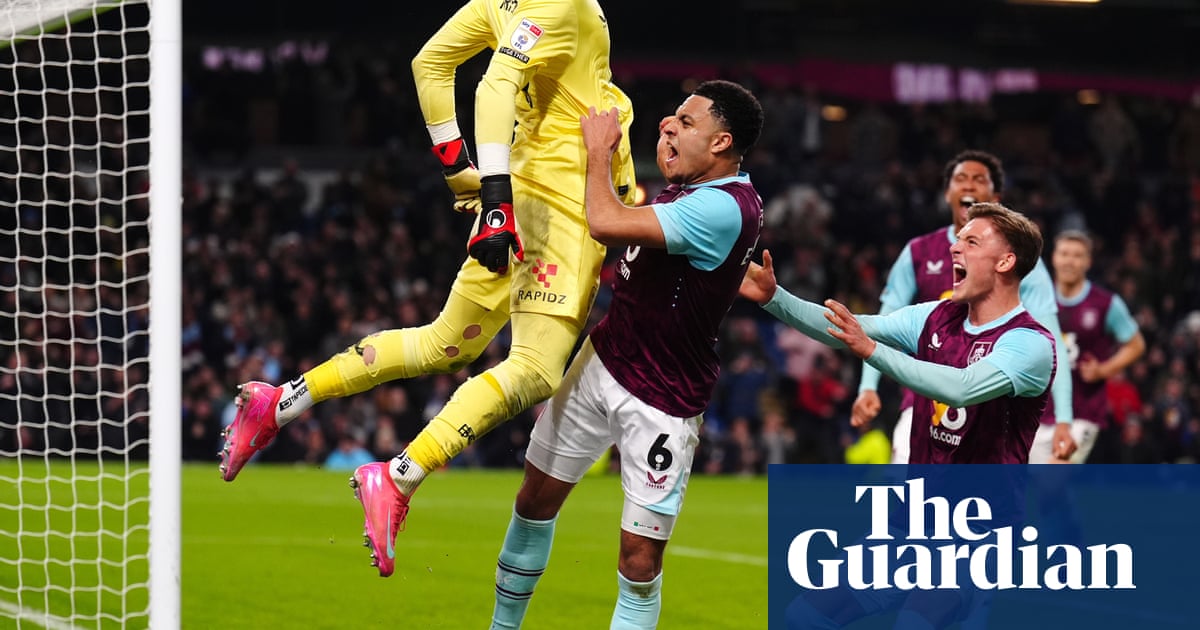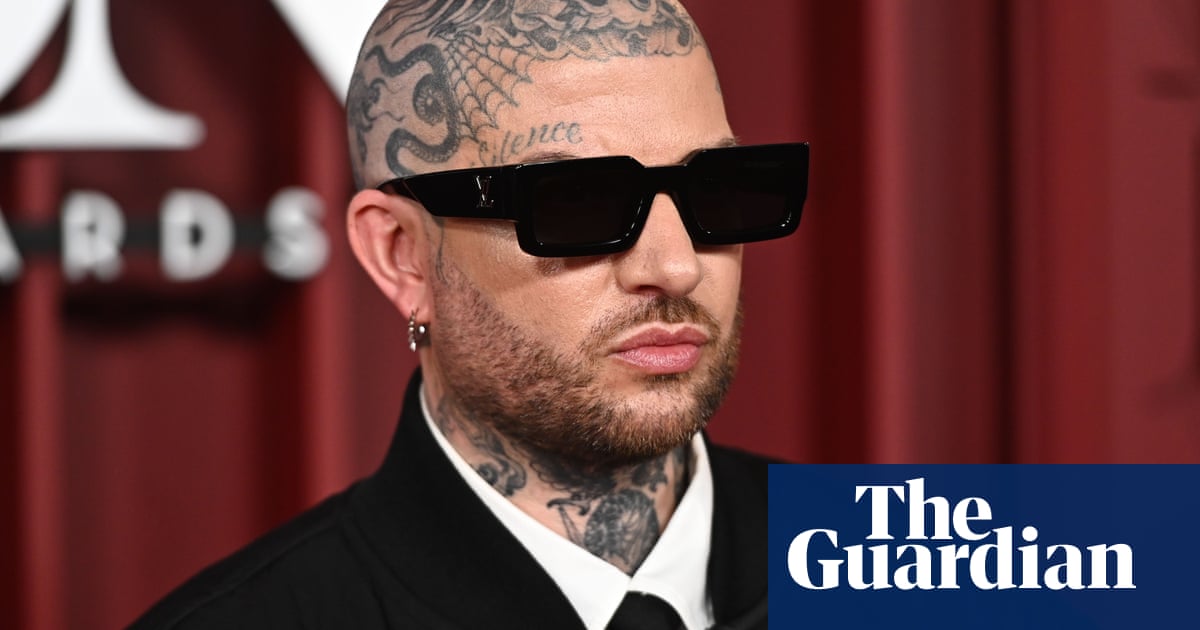Zelenskyy says Nato spending ramp up is 'slow,' warns of possible Russian attack on Nato within five years
Zelenskyy also warned that even the proposed, radically increased, Nato spending target of 5% of GDP might be too low.
He told Sky News:
“In my view, this is slow because we believe that starting from 2030 Putin can have significantly greater capabilities.
Today, Ukraine is holding him up. He has no time to drill the army, and they are all getting annihilated and wiped out at the battlefield.”
Zelenskyy also said he believed Russia’s Putin could try to attack a Nato member within the next five years.
The full interview will be broadcast later this morning, and I will monitor it for more news lines.
Key events Show key events only Please turn on JavaScript to use this feature
European allies should 'stop worrying so much' about US, Rutte says
Discussing the US commitment to Nato, Rutte says that for a long time European allies overly worried about whether the US would appoint a new Supreme Allied Commander in Europe, or Saceur.
He said he always argued it was unnecessary worry and that was confirmed by the appointment of Lieutenant General Alexus G. Grynkewich.
“Guess what? The new Supreme Allied Commander has been announced, and last time I checked his passport, it was the US, so that didn’t happen.
So my message to my European colleagues is: stop worrying so much. Start to make sure that you get investment plans done, that you get industrial base up and running, that the support for Ukraine remains at a high level.
This is what you should work on and stop running around being worried about the US. They are there, they are with us.”
Nato secretary general Mark Rutte is now speaking on the opening session of the Nato Public Forum, who proudly speaks of his connections with The Hague where he was born and raised.
He starts once again by making the argument for the new 5% GDP target, warning about Russia’s military ramp up.
Train disruption on Nato summit day 'could be sabotage', Dutch minister says
Kicking off the Nato Public Forum, Dutch justice and security minister David van Well says the organisers looked at some 40 scenarios that could disrupt the summit, including state actors, terrorists, activists, and cyber-attacks.
I think you’re probably in one of the safest spaces in the world right now.
But when he gets asked about major train disruptions on lines between Utrecht and Amsterdam, with no trains running to and from Amsterdam’s Schiphol Airport, and disruptions on lines to The Hague due to a power failure, he admits:
“That could be sabotage, that’s one of the things that we’re looking into. And then the question is, well, who was behind it?
That can be activist group, it can be state actor led, it can be any kind.
The main thing we’re trying to do now is make sure that those cables get repaired and that we get the traffic flowing, because in combination with the summit where we close down highways and people rely on public transport a lot more.”
Dutch media outlet NRC said there was “considerable damage” to around thirty power cables, with the cause of the fire currently unknown.
Zelenskyy says Nato spending ramp up is 'slow,' warns of possible Russian attack on Nato within five years
Zelenskyy also warned that even the proposed, radically increased, Nato spending target of 5% of GDP might be too low.
He told Sky News:
“In my view, this is slow because we believe that starting from 2030 Putin can have significantly greater capabilities.
Today, Ukraine is holding him up. He has no time to drill the army, and they are all getting annihilated and wiped out at the battlefield.”
Zelenskyy also said he believed Russia’s Putin could try to attack a Nato member within the next five years.
The full interview will be broadcast later this morning, and I will monitor it for more news lines.
Zelenskyy urges Nato to sanction companies providing components for Russian missiles
Speaking with Sky News before the Nato summit begins, Ukrainian president Volodymyr Zelenskyy urged allies to step up their sanctions to cover more producers of components used for missile strikes on Ukraine.
Components for their missiles – and missiles are the most painful strikes – are coming in from other countries, including the UK, not too much, but including the UK.
He said “it’s … mostly China, Taiwan, but also Europe, also Germany, also eastern Europe.”
“There are lists of these companies and lists of these components, we are monitoring this.
It is vitally important for us, and we are handing this list over to our partners and asking them to apply sanctions. Otherwise the Russians will have [more] missiles.”
Morning opening: Nato summit day 1

Jakub Krupa
After a very long buildup, it’s time for the main event to finally begin. The 2025 Nato summit in The Hague starts today.

It’s very much a slow start with many leaders, including US president Donald Trump, only expected to arrive in late afternoon to take part in an official dinner starting at 7pm local time.
But even before then, we should get some early indications as to key positions and issues to be discussed at the summit as a number of side events get under way this morning.
We will hear from Nato secretary general Mark Rutte, European Commission president Ursula von der Leyen, and a long list of national ministers and senior officials taking part in the Nato Public Forum and the Nato Summit Defence Industry Forum.
And even before leaving for The Hague, German chancellor Friedrich Merz will address the Bundestag, presenting his government’s plans to ramp up defence spending as part of the new Nato 5% GDP target.
It should be a lively day. Stay with us for all the latest updates.
It’s Tuesday, 24 June 2025, it’s Jakub Krupa here, and this is Europe Live.
Good morning.

 5 hours ago
2
5 hours ago
2
